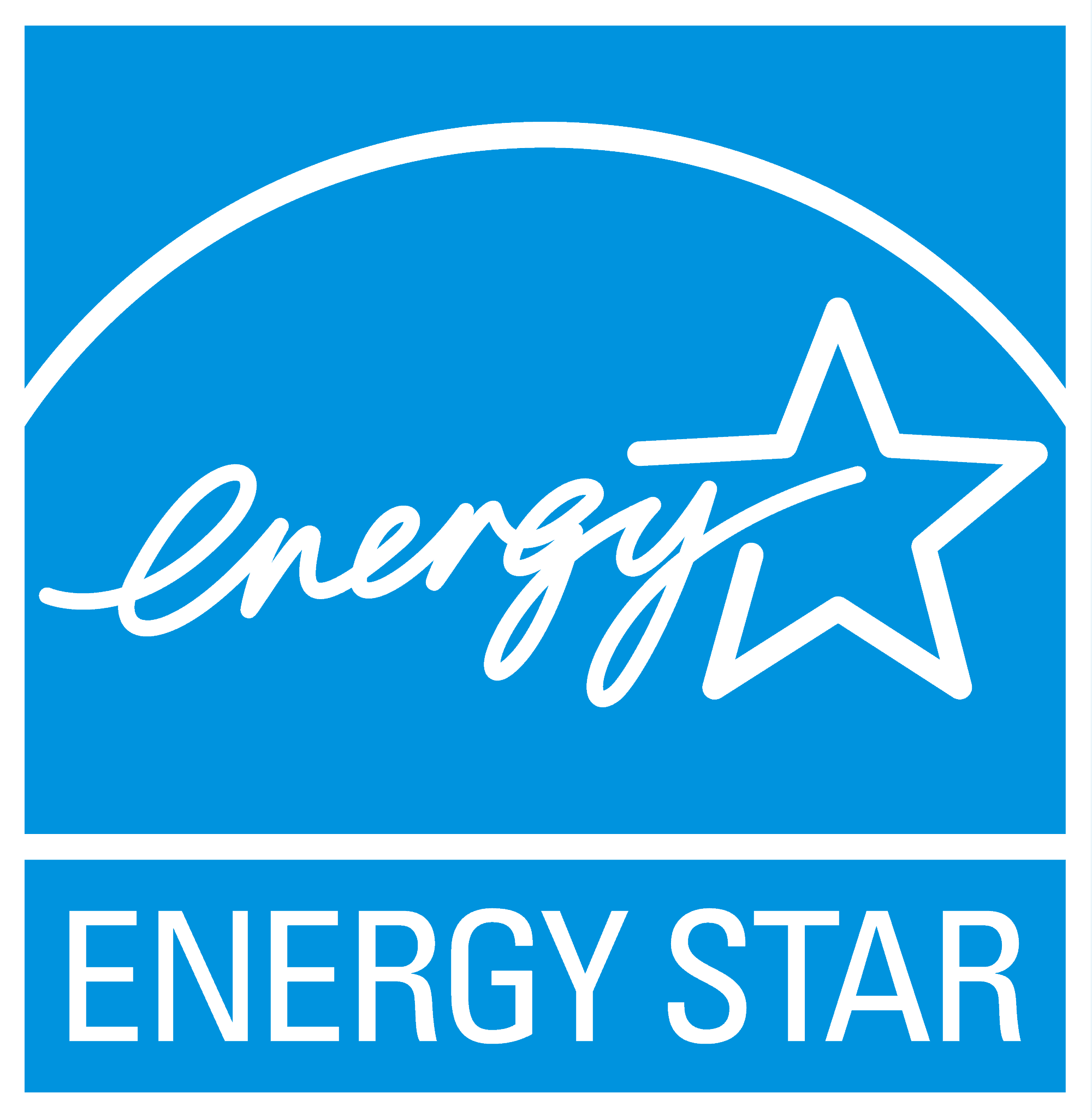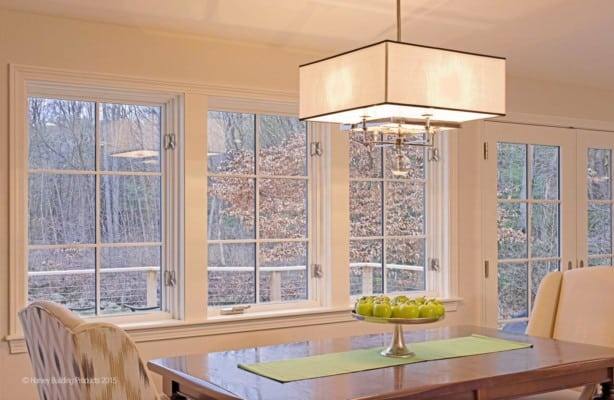
Windows in our homes serve as a gateway for light and air ventilation. However, they also can have a negative effect on your home’s energy efficiency. By installing energy-efficient windows, you can considerably reduce heating and cooling costs and save money on energy bills. If you have a tight budget, you can make improvements to your existing windows to enhance their energy efficiency by installing storm windows. Here are a few important things that you should know about energy-efficient windows before you begin your home improvement project.
Important Factors Affecting Energy Efficiency in Windows
Window Energy Ratings
When shopping for energy-efficient windows, there are several things you need to keep in mind. First and foremost, you need to see energy rating labels that allow you to evaluate the level of efficiency of different windows. These labels include the following information:1. Solar Heat Gain Coefficient (SHGC): It refers to the amount of heat energy that doors and windows will allow into the house. The lower its value, the less solar heat it transmits.2. U-value: Also called the U-factor, it describes the amount of heat energy that doors and windows will allow into the house. The lower its valve, the better the insulating value and slower the rate of heat flow.

Window Material
There are several materials available in the marketplace that can be used for energy-efficient windows:
• Composite Windows: They comprise of several window materials offering the unique benefits of each material. While composite windows are the best for improving your home’s energy efficiency, they are also the most expensive window material in the market.
• Aluminum Windows: They require low maintenance and are available at low cost. If you are looking for energy-efficient aluminum windows, you should go for thermally broken ones. It is a kind of composite material that has low thermal conductivity and separates the inside aluminum frame from the outside one. It is carefully designed to reduce cold or heat transfer between your home and outside environment.
• Wood Windows: They are excellent insulators, but require regular maintenance. Wood windows are extremely energy efficient.
• Vinyl Windows: They are available in a variety of colors, superior energy efficiency, and ease of maintenance. Vinyl windows have excellent, natural insulation, limiting loss of energy and excess of drafts from the outside environment.

Glass Material
Another important factor is the glass material or glass package that significantly affects the energy efficiency of your windows. The upfront cost of a glass package is slightly on the higher side, but rest assured that it will save you a lot more than you have spent on it in the long run.Some popular glass options include:
• Glass Fill: This package features either krypton or argon between glass panes. Both of these provide higher insulation as compared to air.
• Low E: This package is specially designed to reflect infrared light. Due to this, heat remains outside in the summer and inside in the winter. Moreover, it also keeps your furniture and carpets from fading.
NEEECO installs two brands of windows for its double hung and casement windows: Alside and Harvey. All of our windows are Energy Star, climate zone 5 with a U-factor of 0.25. The Alside Fusion is our least expensive vinyl double hung window. Next, we offer the Harvey Classic double hung and finally the Harvey Majesty. We offer both the Harvey Classic and Majesty as casement windows. The Harvey Majesty is our highest end window which is a full wood window and has the advantage of being clad in aluminum on the outside.
If you are looking for a professional company to help you make your home energy efficient, the experts at NEEECO can help you.
Call (781) 514-5882 or contact us to get started with a no-cost Mass Save® home energy assessment.
